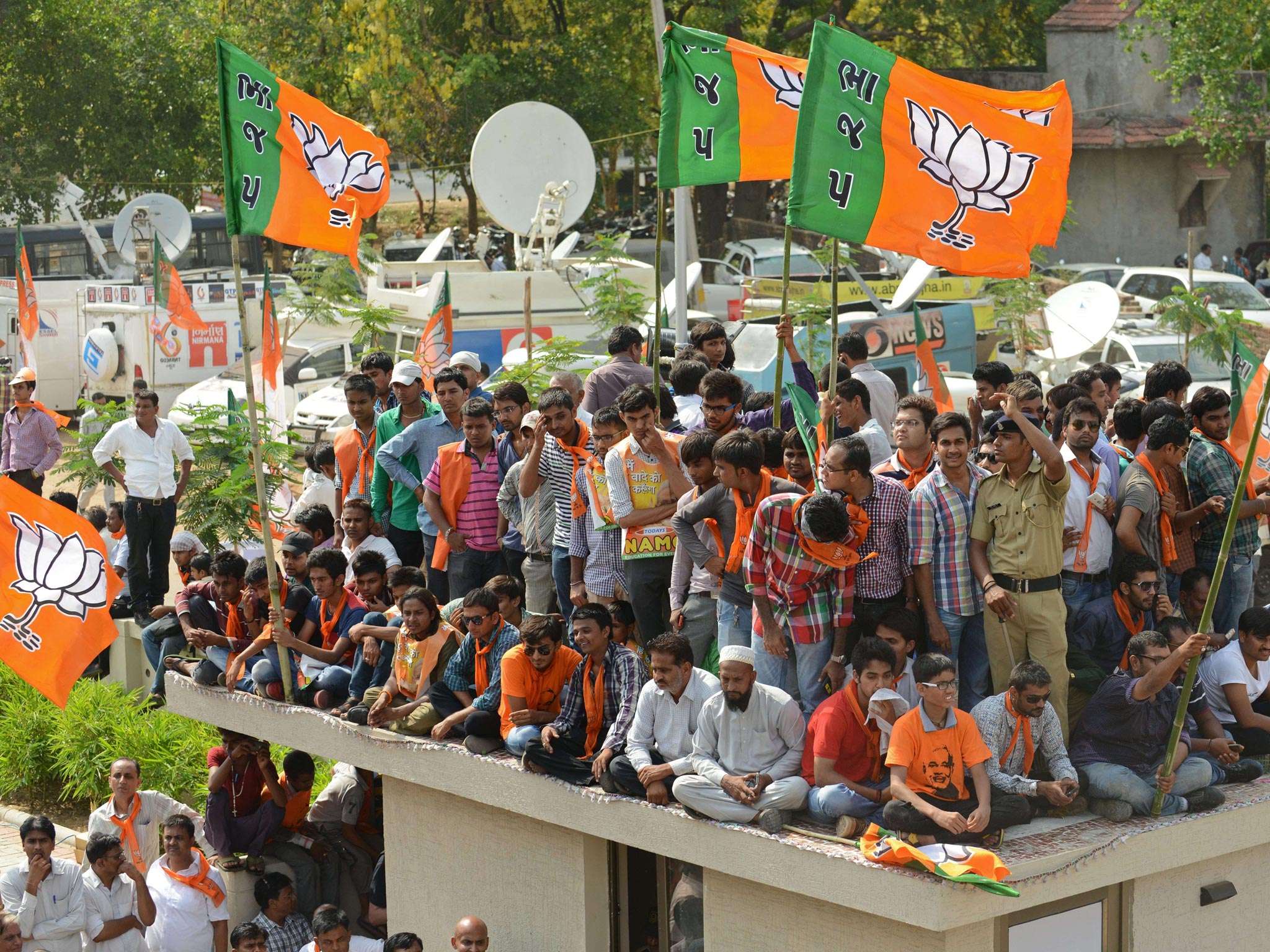Editor’s Letter: Two nations with a shared history that are suddenly in flux
Some readers feel we have been unduly harsh on modern India and Narendra Modi

Morning all. A regular correspondent, Mr Mehta from Croydon, wrote in on Thursday. “The world’s largest democracy has just concluded a massive election,” he began. “A population of 1.2 billion with a massive diversity of faiths, languages, ideologies and cultures in a country the size of a subcontinent successfully concluded this amazing feat. There was hardly any violence or vote-rigging and some places recorded a turnout of over 80 per cent. India is a role model to the rest of the world where there is no freedom or democracy. A word of praise from The Independent would not be out of place!”
Quite right, Mr Mehta, and I hereby refer you to our editorial on the facing page. From previous correspondence, it is clear that Mr Mehta and some other readers feel we have been unduly harsh on the carnival of democracy that is modern India – and, specifically, on its new leader, Narendra Modi.
Mr Mehta goes on to castigate “the Indian intellectuals in this country who expressed their reservations in [your] letters column” – by which he refers to a letter we published in April, signed by dozens of academics, at the instigation of Professors Chetan Bhatt and Gautam Appa of the London School of Economics. He might also have mentioned Priyamvada Gopal, a distinguished English don at King’s College, Cambridge, whose views on Modi – “reservations” would be putting it lightly – we published in our World pages.
Here’s the rub. India’s democracy is an extraordinary feat, and comes at a bad time for democracy, with China presenting a credible alternative, the Arab Spring failing to fulfil early hopes for people power, and many in the advanced West losing patience with it.
What is more, Modi might be a fine tonic for India, loosening the shackles of corruption, boosting growth from a meagre five per cent, emancipating millions of workers – rural ones especially – from poverty, and stalling the sexually transmitted democracy of the Nehru-Gandhi dynasty.
But any man who refuses to answer questions about his involvement in the Gujarat massacre of 2002, where he was Chief Minister, and who says he thinks of Muslim suffering much as he’d think of a puppy run over by a car, is betraying the legacy of India’s founding fathers.
Great men of history such as B R Ambedkar, Vallabhbhai Patel and Jawaharlal Nehru, in whose image India was founded as a tolerant, plural, secular republic, belonged to a tradition that Modi has fought all his political life. Led by our peerless Asia correspondent in Delhi, Andrew Buncombe, we have reported these elections fairly, while analysing their implications and historical context. That governs our coverage today.
The same principles will apply to the elections closer to home taking place on Thursday. If Ukip wins, a political earthquake could be upon us. Tony Blair once said: “This is a moment to seize: the kaleidoscope has been shaken, the pieces are in flux.” That could apply to India this week – and Britain next. Have a great weekend.
Join our commenting forum
Join thought-provoking conversations, follow other Independent readers and see their replies
0Comments